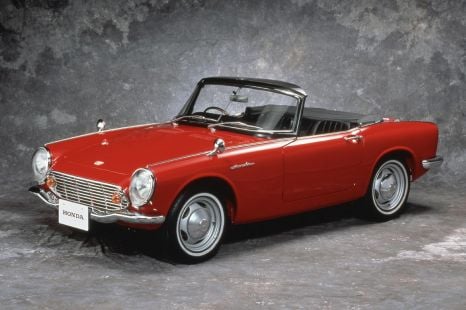

Max Davies
How Audi, BMW, Honda, Mercedes-Benz, and Suzuki started out in Australia, and where they are now
34 Minutes Ago

Contributor
Honda CEO Toshihiro Mibe thinks there’s a market for hydrogen fuel-cell electric vehicles, but has dismissed Toyota’s plans for hydrogen-fuelled internal-combustion engines.
In an interview with Automotive News, Mr Mibe said Honda Motor Company doesn’t see hydrogen combustion powertrains as feasible for cars.
“We have conducted research into every possibility that’s out there,” said Mr Mibe.
“As for hydrogen engines, we see some quite difficult technological challenges. So, about 10 years ago, we decided this would not become mainstream.”
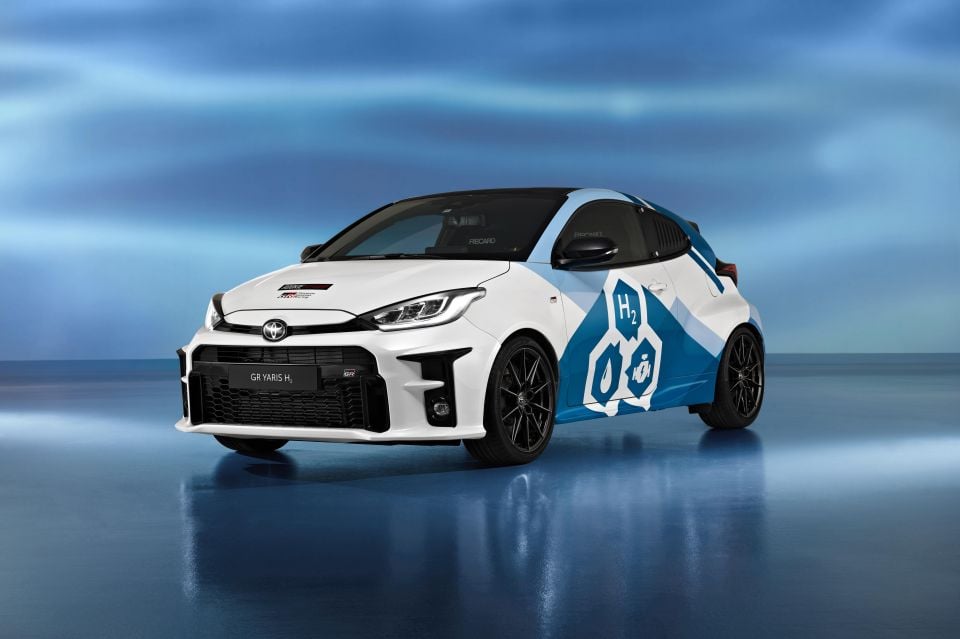
Toyota has been developing its hydrogen combustion engine technology since 2017 and recently revealed a hydrogen-powered GR Yaris concept using a similar 1.6-litre turbocharged inline-three-cylinder engine as the petrol-powered GR Yaris.
Toyota has also been racing a hydrogen-powered Corolla Sport under its Rookie Racing division of Toyota Gazoo Racing in the Japanese Super Taikyu endurance racing series since May 2021.
It’s worth noting that these hydrogen-powered vehicles aren’t the same as hydrogen fuel-cell electric vehicles (FCEV), like the Mirai.
The Mirai FCEV relies on chemical reaction in its fuel cells to generate energy, whereas the hydrogen-combustion GR Yaris concept uses hydrogen as fuel for its internal-combustion engine.
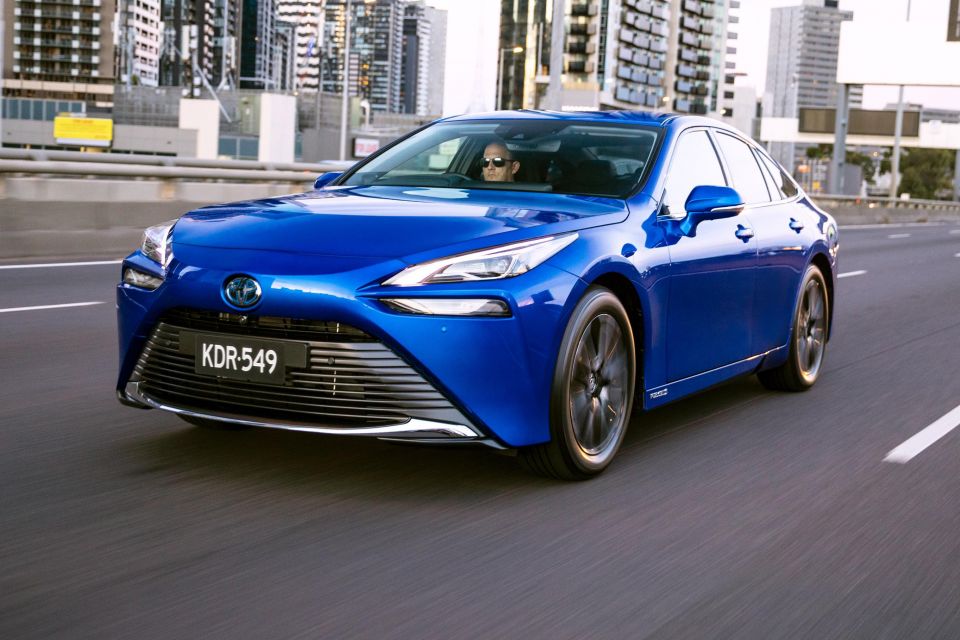
Toyota is reportedly looking at offering hydrogen power in its Corolla and Prius ranges in 2023.
Hydrogen is definitely part of Honda’s long-term game plan though, according to Mr Mibe. It’ll only be used in fuel cells for long-range, larger vehicles, or in fuel cells as standalone power packs.
“If we look at what will become mainstream, probably for smaller mobility it will be EVs, and fuel cells for larger mobility,” said Mr Mibe.
“That is the conclusion so far.”
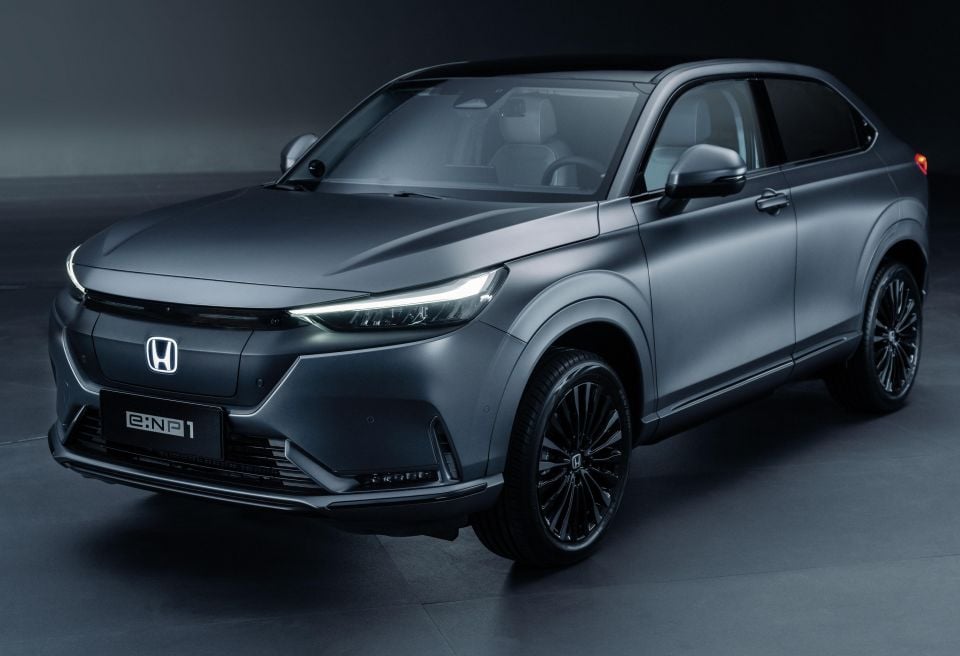
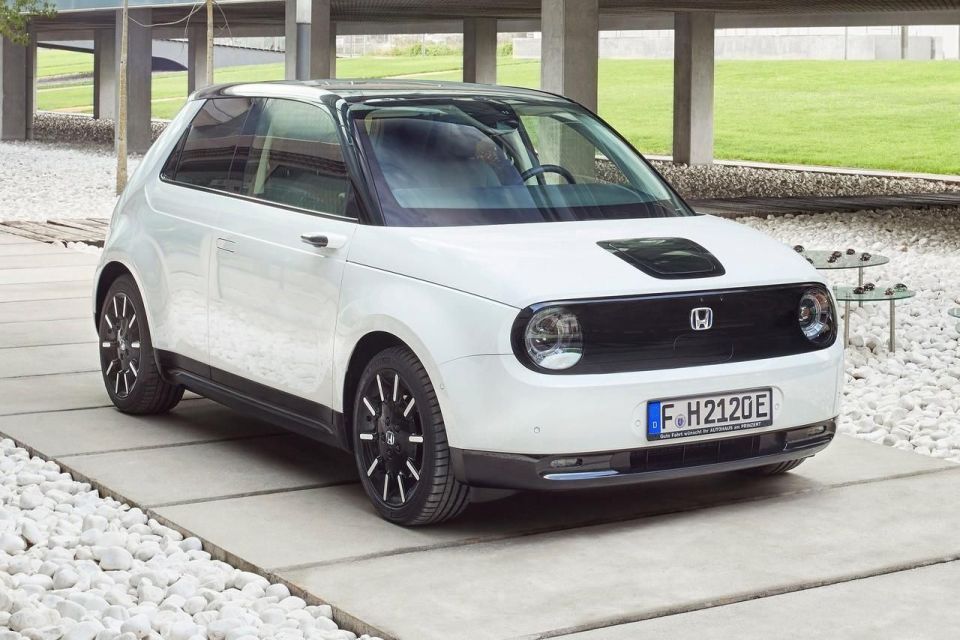
Honda announced in 2021 it’s phasing out internal-combustion engines and will only sell electric and fuel cell cars by 2040.
Honda’s interim targets include 40 per cent of sales in “major markets” being electric (EV) and FCEV by 2030.
The share of EVs and FCEVs in major markets will rise to 80 per cent by 2035 before hitting 100 per cent globally by 2040.
Currently, Honda only sells a select number of EVs including the retro E hatchback for Europe and Japan, and a selection of models based on the HR-V in China.
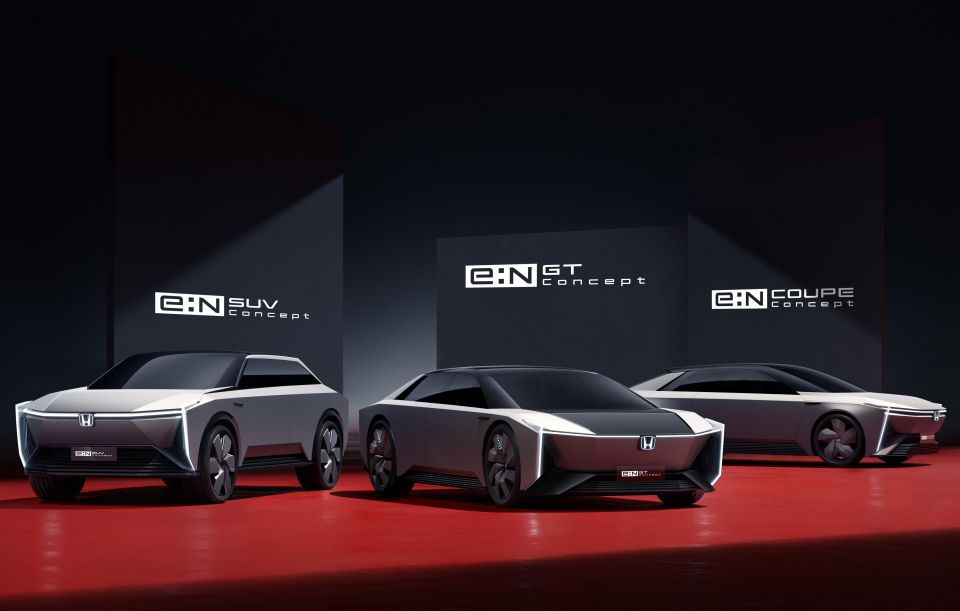
Honda is planning to introduce 10 EVs over the next five years.
It recently revealed three EV concepts, the e:N, e:N Coupe and e:N SUV, that are based on the e:N architecture that’s currently under development.
Mr Mibe began his stint as Honda CEO in April 2021 and told the media that “Honda must undergo a major change and act with speed”.
Prior to becoming CEO, Mibe spent his entire working life in Honda’s research and development (R&D) department. During his tenure as R&D chief he was tasked with improving the automaker’s hybrid and EV technology.
MORE: Honda will sell only electric and fuel cell cars by 2040
Where expert car reviews meet expert car buying – CarExpert gives you trusted advice, personalised service and real savings on your next new car.
Jack Quick is an automotive journalist based in Melbourne. Jack studied journalism and photography at Deakin University in Burwood, and previously represented the university in dance nationally. In his spare time, he loves to pump Charli XCX and play a bit of Grand Theft Auto. He’s also the proud owner of a blue, manual 2020 Suzuki Jimny.


Max Davies
34 Minutes Ago
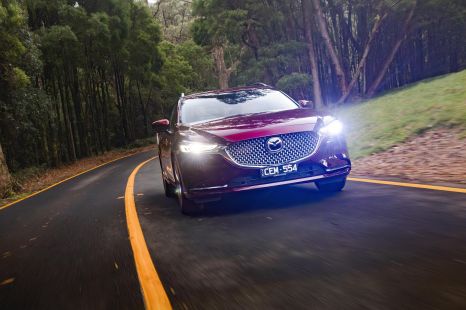

William Stopford
35 Minutes Ago
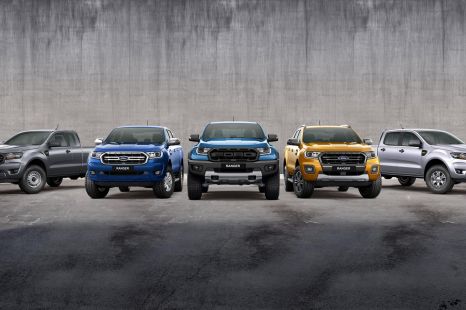

Derek Fung
1 Hour Ago
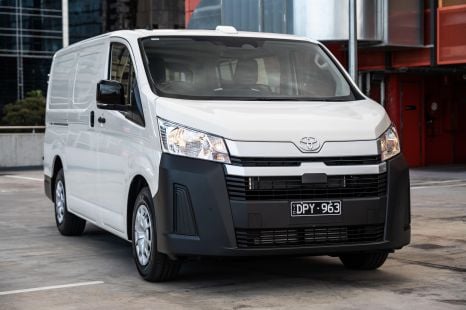

Max Davies
9 Hours Ago
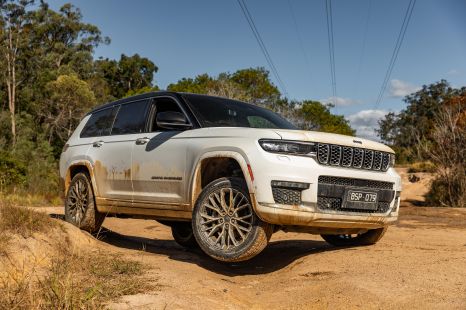

William Stopford
1 Day Ago
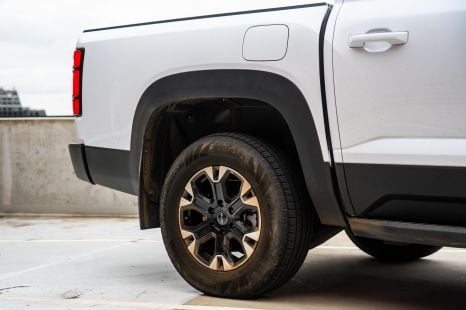

Ben Zachariah
1 Day Ago